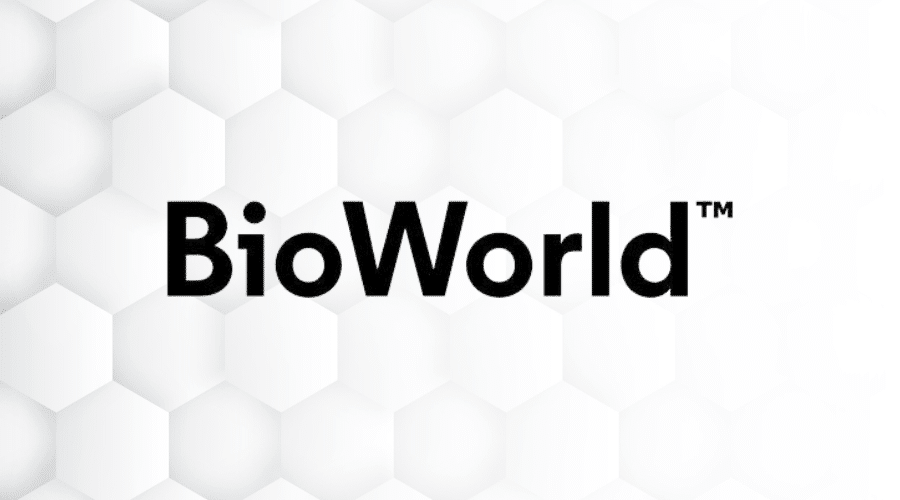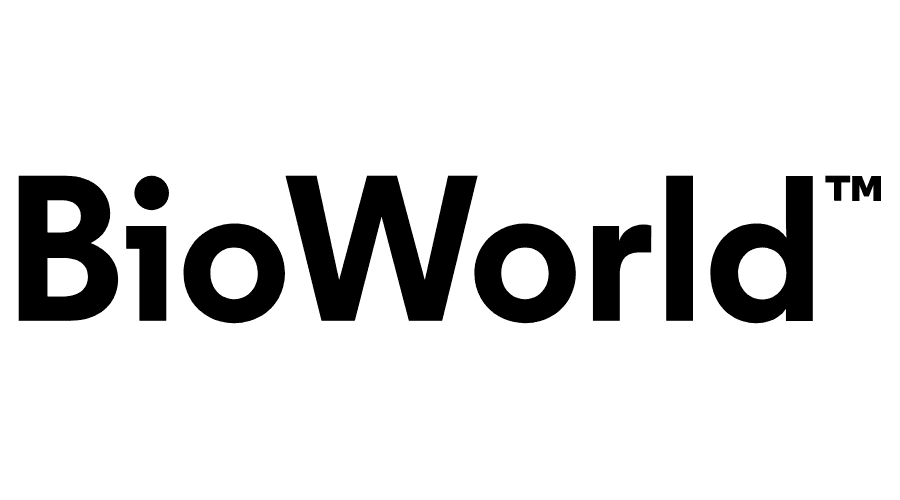
View the full Article on:
BioWorld
Author:

Addimmune Summary
Original Post in BioWorld By: Lee Landenberger
For Jeff Galvin, the CEO and founder of newly launched Addimmune, HIV is not a condition that’s in the rearview mirror. It needs a functional cure to save lives, make people healthier and save money that need not have been spent.
People wonder why it’s worth bothering to cure HIV, Galvin told BioWorld, when they are taking their medications every day and they are feeling pretty close to normal. But it’s not close for Galvin, who noted that there are side effects from taking the pills that can cause headaches, fatigue, nausea and diarrhea.
Long term, he added, the overall treatment cost is more than $1 million, on average, in a patient’s lifetime.
“It’s been 40 years since HIV was discovered,” he said. “It should be possible to fashion a cure.” Addimmune, a new company spun out of American Gene Technologies, launched to develop gene and cell therapies for a functional cure for HIV. A functional cure, Galvin said, means one in which there is still some virus in the body but it cannot be passed along to someone else, a patient no longer needs to take medication and they can never be reinfected with HIV.
Rockville, Md.-based Addimmune will build on data from American Gene Technologies’ phase I study. The company plans a phase II trial that it intends to launch sometime in early 2024. But before that, Addimmune will sit down with the U.S. FDA, probably this summer, Galvin said, to hammer out details.
The data are so good so far, and it’s worth spinning out a company that works on HIV only, Galvin said.
In the Phase I study using the single-infusion gene therapy AGT-103-T, no patients had serious adverse events, all participants’ modified T cells were engrafted, then expanded after infusion and maintained their reactivity to HIV.
There were low-dose and a high-dose cohorts receiving the autologous, genetically modified treatment enriched with HIV-specific and resistant CD4 T cells. HIV depletes HIV-specific CD4 T cells responsible for a potent immune response, according to the company, necessitating lifelong antiretroviral therapy. If the depleted cells are replaced by durable T cells, the company added, then natural immune control of HIV should be restored by promoting natural virus control and durable immunity from reinfection.
The non-randomized, parallel assignment, open-label phase I study enrolled seven participants between the ages of 18 and 60 to evaluate the safety of the treatment in HIVthat is well controlled on antiretroviral therapy.
After the phase I study, American Gene Technologies held a sponsor-initiated study with approval from an independent review board and clinical trial investigators to determine the therapy’s efficacy after ceasing their antiretroviral treatment. All participants showed active immune responses to HIV and several of them achieved significant viral suppression. The data also showed no rejection of cells found in the participants until the final measurement at 180 days.
Study participants who were treated with AGT103-T were followed for six months in a safety study before they were enrolled in an FDA-mandated 15-year long-term follow-up that is required for all gene therapy studies.
Galvin, who has more than 30 years of business and entrepreneurial experience, came out of retirement to fund American Gene Technologies after he met and was inspired by the NIH’s Roscoe Brady, who researched hereditary metabolic storage diseases that include Gaucher, Niemann-Pick, Fabry and Tay-Sachs diseases with enzyme-replacement theory.
Galvin said he believes that gene therapy is the future of curing disease. Cancer, he said, may well be cured with gene therapy. Galvin said he believes gene and cell therapies will soon be so effective that cancer patients eventually won’t need radiation treatments.
